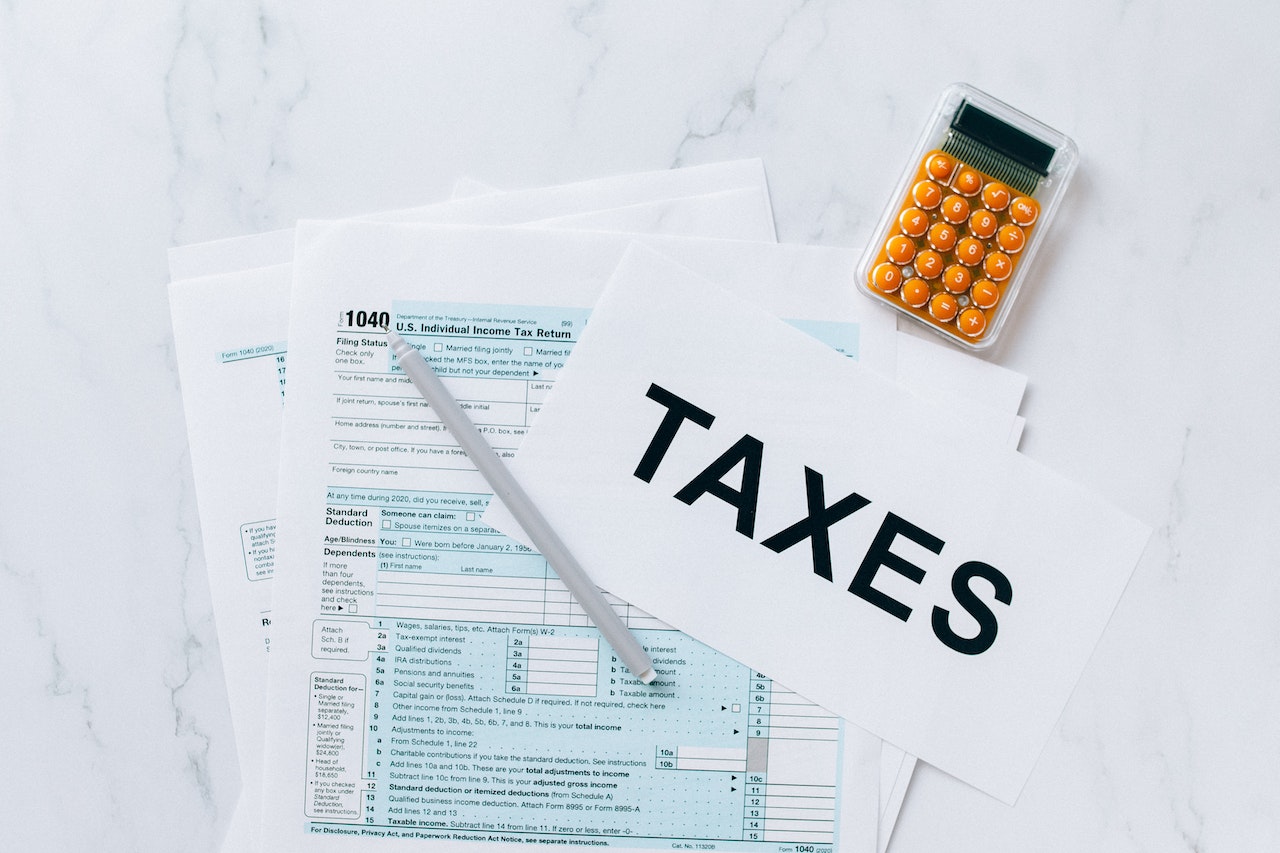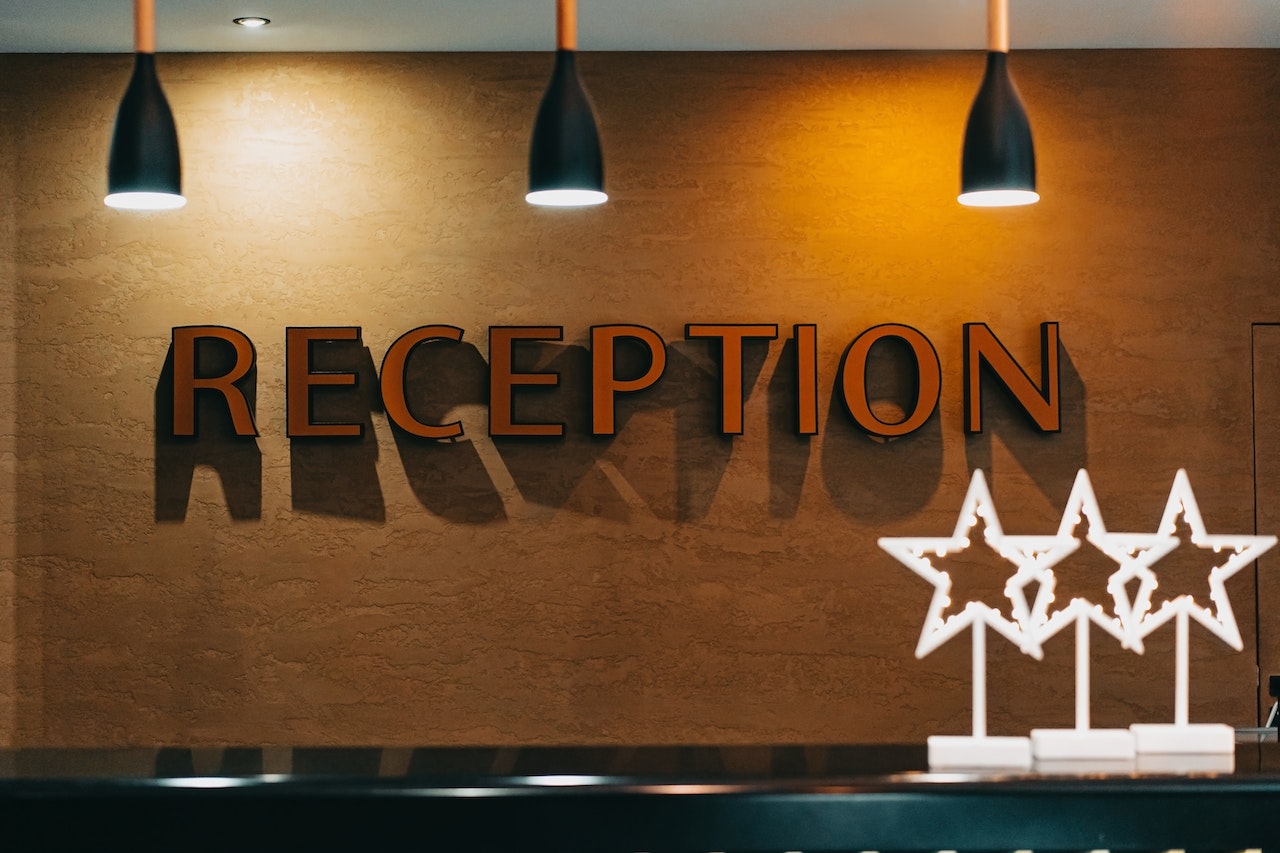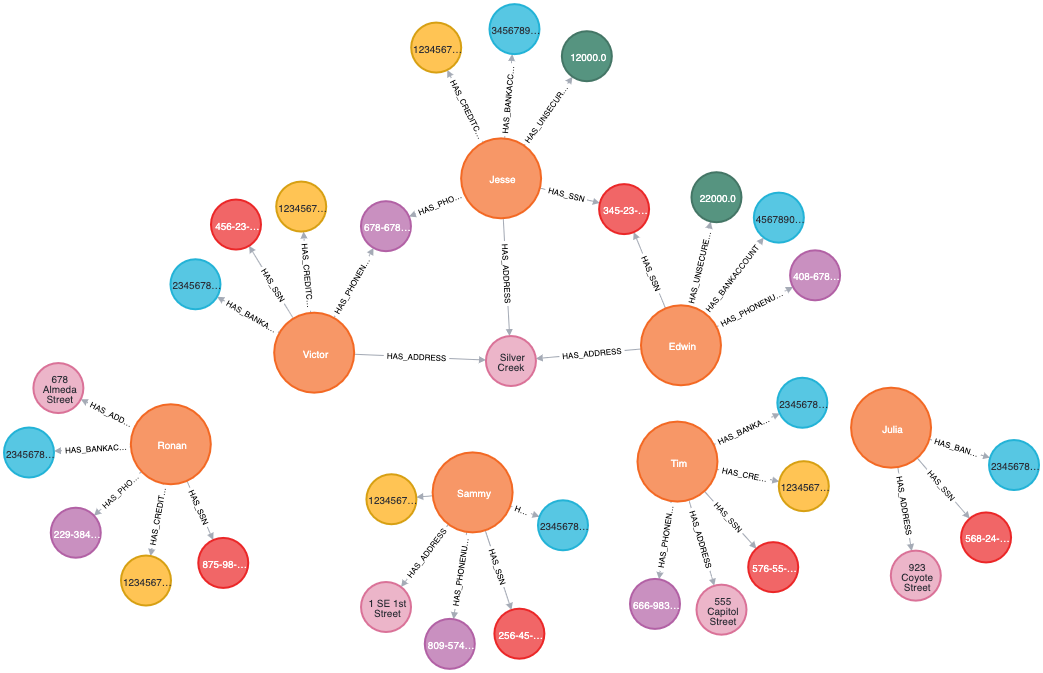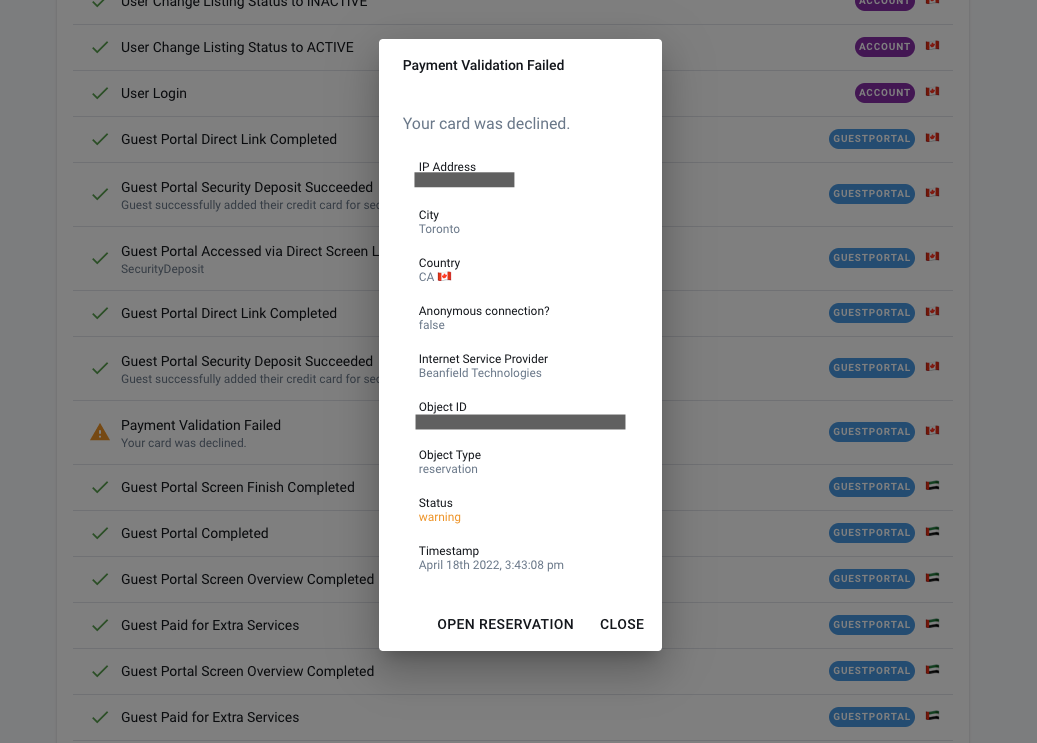https://www.autohost.ai/airbnb-host-damage-protection/In the dynamic world of vacation rentals, Airbnb has surfaced as a leading platform, connecting travelers with unique, homely accommodations worldwide. However, as an Airbnb host or property manager, there are potential Airbnb risks to consider alongside the undeniable advantages. It’s essential to understand these challenges and consider the solutions, one of the most promising being AI-based guest screening systems.
Understanding the Airbnb Landscape
Owning an short term rental property can be an attractive prospect. It offers an opportunity to generate a lucrative income stream and meet people from various walks of life. However, it’s not merely about owning a property and listing it online.
A host or property manager must comprehensively understand local regulations, tax obligations, insurance needs, and upkeep requirements.

The unpredictable nature of the business brings several inherent risks that can significantly impact the business’s sustainability. These risks encompass property damage, theft, guest injuries, and larger-scale disasters.
Airbnb risks: Mitigating Property Damages and Thefts
One of the main risks for Airbnb hosts is the potential for property damage or theft. A guest may unintentionally or intentionally cause damage to the property, ranging from minor incidents like broken dishes to more severe scenarios like structural damages.
Theft, although less frequent, also remains a concern.

Being aware of Airbnb risks can prepare hosts for dealing with common Airbnb hacks.
Airbnb Host Guarantee Program:
While Airbnb’s Host Guarantee Program offers some protection, it’s not a substitute for homeowner’s insurance. Therefore, hosts must consider adequate insurance coverage to protect their property and possessions. However, insurance doesn’t necessarily prevent these incidents; it merely provides financial compensation after the event. Here’s where AI-based guest screening can make a significant difference.
Reducing Risks of Airbnb Guests Injuries
Another major risk is the possibility of guest injuries occurring on the property. Such incidents can lead to legal disputes and potential liability claims, which can be financially crippling for hosts. Ensuring the property is safe and meets all local health and safety regulations is a key step in mitigating this risk.
However, some injuries can result from irresponsible behavior on the part of the guest. This risk is where AI-based guest screening can be an invaluable tool. By analyzing guest reviews and online behavior, these systems can help identify potential problem guests before they make a booking.
Handling Airbnb Disasters
In the context of Airbnb, a ‘disaster’ could range from a severe property damage incident to a guest who refuses to vacate or even negative publicity due to an unfortunate event. These situations can lead to significant financial losses and harm the property’s reputation, making future bookings difficult.
It is impossible to predict such events but the hosts can take proactive steps to manage the biggest risks. Robust insurance, good legal counsel, and maintaining high property care standards are crucial. Yet, preempting such situations is equally, if not more, important. AI-based guest screening solutions can play a critical role in helping hosts avoid potentially disastrous bookings.
The Power of AI-Based Guest Screening for Airbnb Host

AI-based guest screening solutions leverage machine learning algorithms to analyze potential guests’ online behavior and reviews from past hosts. They help hosts to make more informed decisions about who they allow into their properties. Essentially, these systems act as a first line of defense against potential problem guests.
A testimonial from a satisfied user of such a system, property manager Jane Doe, encapsulates its benefits: “Since implementing an AI-based guest screening system, we’ve seen a significant decrease in incidents of property damage and have had no liability claims. It’s been a game-changer for our business.”
The Role of Insurance in Rental property
While AI-based guest screening solutions are an effective risk mitigation tool, they should be a part of a broader risk management strategy, which includes comprehensive property insurance coverage. Having the right type of insurance is vital. Standard homeowners or renters insurance may not cover damages or liability when renting out your home for short periods. Therefore, property managers should seek out specialized short-term rental insurance or a commercial policy to provide adequate protection. It’s also advisable to have an open dialogue with insurance providers to ensure a complete understanding of what is and isn’t covered in the policy.
Legal Considerations for Airbnb Hosts
Legal issues can also pose a substantial risk to Airbnb hosts.
Local regulations on short-term rentals vary widely, and non-compliance can result in hefty fines. Understanding and adhering to these regulations is paramount. Additionally, hosts should be aware of their rights and responsibilities under Airbnb’s hosting agreement. Legal assistance may be necessary to navigate these complex issues and ensure all bases are covered.
Enhancing Guest Experience
Mitigating risks is crucial but it’s equally important for property owners to provide a positive guest experience. A satisfied guest is less likely to engage in damaging behavior and more likely to leave a positive review, attracting future guests. High-quality guest screening can also contribute to this goal. By weeding out potentially problematic guests, property owners can focus on catering to those who appreciate and respect their property.
Taking Precautionary Measures
In addition to adopting AI-based guest screening and obtaining the right insurance, hosts can take several precautionary measures. These include installing security systems, maintaining the property to a high standard to avoid potential accidents, and establishing clear house rules for guests. These measures, coupled with robust screening and insurance, can greatly reduce the risks associated with Airbnb hosting.
The Future of Risk Management in Airbnb Hosting
As the short-term rental landscape evolves, so do the tools available for hosts and property managers. AI-based guest screening is a powerful example of how technology can help mitigate risks. In the future, we can expect to see even more innovative solutions driven by technological advancements like big data, AI, and machine learning.
Embracing AI-Based Guest Screening
In conclusion, the risks of Airbnb hosting – property damage, theft, guest injuries, and larger disasters – are significant but manageable. By embracing AI-based guest screening solutions for Airbnb properties, hosts and property managers can mitigate these risks effectively, paving the way for a safer, more profitable Airbnb hosting experience.
The time to act is now.
Don’t wait for a problematic guest to cause damage or for a disaster to strike. Invest in an AI-based guest screening solution for your vacation rental business and empower yourself with the tools to make informed decisions, protect your property, and ensure the sustainability of your Airbnb business.



























